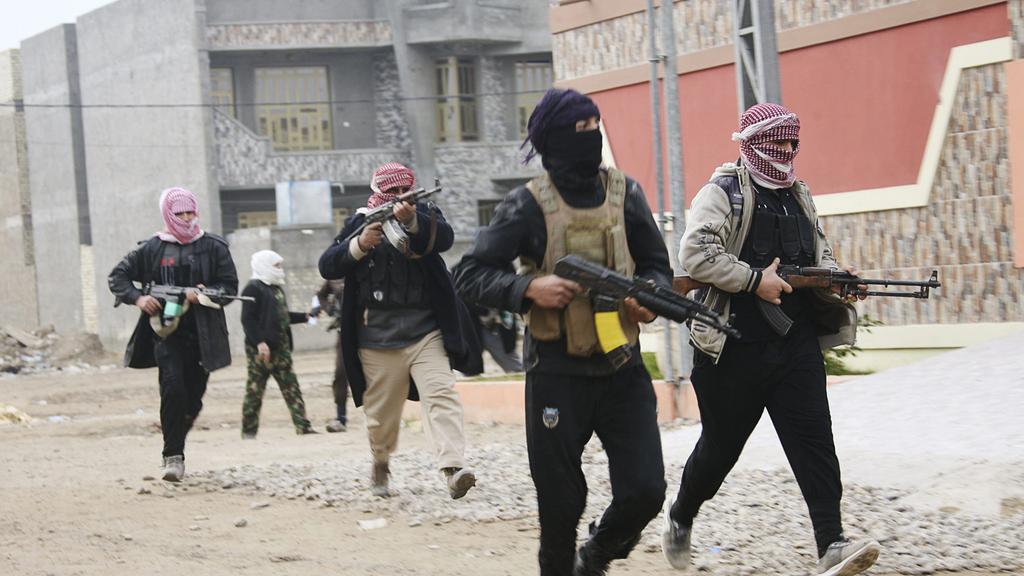AhlulBayt News Agency (ABNA): The coronavirus pandemic has increased the threat that extremist factions, including the so-called Islamic State (IS) and Al Qaeda, pose in conflict areas like Iraq, Syria and Afghanistan, UN experts claimed in a new report.
The document suggested that Daesh will try "to end its marginalization from the news" with a new wave of violence as the terrorist group calls on supporters to spend less time on social media, SPUTNIK reported.
"ISIS [Daesh] has enjoyed a captive audience, with so many people facing [COVID-19] restrictions on movement and spending more time online. Threats may have accumulated during this period that remains undetected but could manifest in due course", the survey warned.
Referring to sub-Saharan Africa, the report argued that the coronavirus pandemic "has weakened the hand of governments in conflict zones more than it has inhibited terrorist groups, and its long-term impact on economies, government resources, and allocations for international cooperation risks aggravating the [terrorist] threat further."
While stressing the ongoing resilience of militant groups, the document, however, points out a spate of significant setbacks that have disrupted their combat capability. The report recalled that al-Qaeda has lost a lot of key leaders, whereas Daesh is seeking to revive its clout in Iraq or Syria, which is unlikely to take place in the immediate future.
In July 2020, the Daily Mail cited Assistant Professor Michael Krona of Malmo University in Sweden as saying that social media had turned into a "happy hunting ground" for Daesh to groom the terrorist group's followers amid the ongoing COVID-19 pandemic.
Krona added that historically, Daesh is known to use "its time and resources in the shadows of the media to recruit and build support under the radar"
The report said IS poses a lower risk to "non-conflict zones" such as Europe but added that as restrictions to contain the coronavirus' spread ease, "a rash of pre-planned attacks may occur".
IS spokesperson Abu Hamza al-Qurashi in October called on supporters "to spend less time on social media and more effort on high-impact attacks, jail-breaks and other operational activity".
The UN report added that the group continues to promote the "divine punishment of arrogance and unbelief" narrative regarding the pandemic.
Though members within the group previously suggested using contagious members to weaponise the virus and infect their enemies, this ploy "has not progressed as a practical proposition", it said.
Last March, IS leaders ordered followers to avoid travelling to Europe, which it called "the land of the epidemic".
Iraq’s Counter-Terrorism Service launched a new anti-IS operation last month dubbed "Revenge of the Martyrs", responding to a double IS attack in a crowded market in Baghdad in which at least 32 were killed and 110 wounded.
/129
IS spokesperson Abu Hamza al-Qurashi in October called on supporters "to spend less time on social media and more effort on high-impact attacks, jail-breaks and other operational activity".
The UN report added that the group continues to promote the "divine punishment of arrogance and unbelief" narrative regarding the pandemic.
Though members within the group previously suggested using contagious members to weaponise the virus and infect their enemies, this ploy "has not progressed as a practical proposition", it said.
Last March, IS leaders ordered followers to avoid travelling to Europe, which it called "the land of the epidemic".
Iraq’s Counter-Terrorism Service launched a new anti-IS operation last month dubbed "Revenge of the Martyrs", responding to a double IS attack in a crowded market in Baghdad in which at least 32 were killed and 110 wounded.

